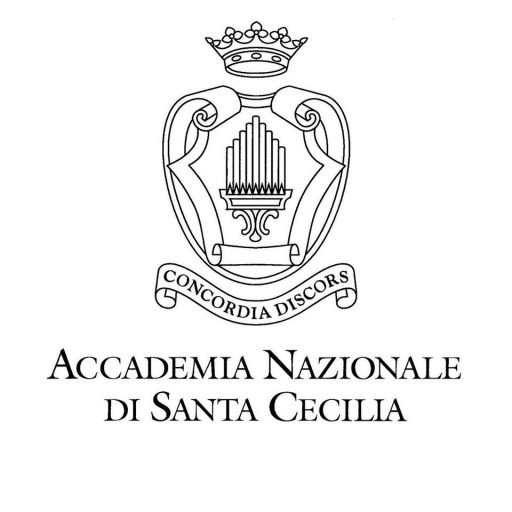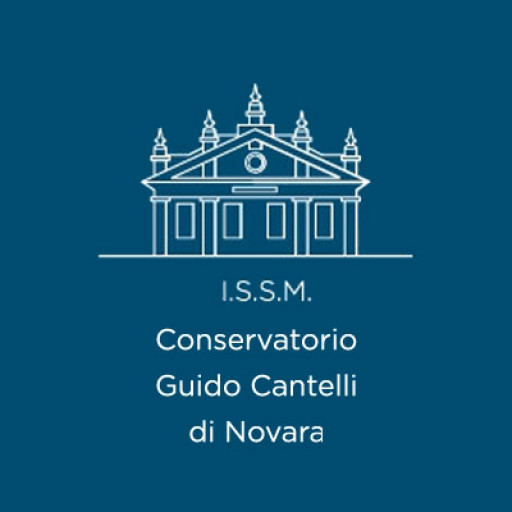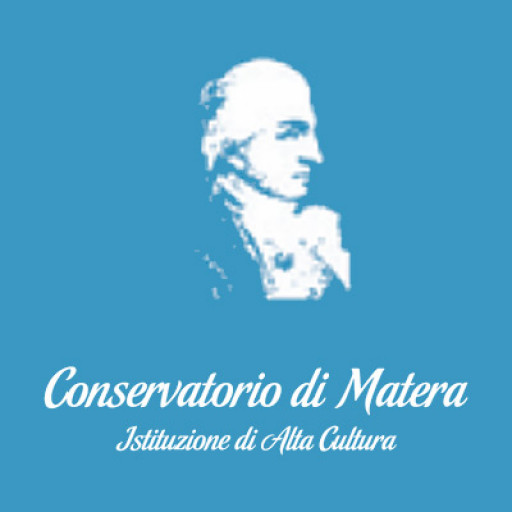Photos of university
The Master of Music (Research) program at the University of New England offers an advanced and comprehensive pathway for students passionate about exploring the depths of musical theory, history, and practice. Designed for individuals seeking to deepen their understanding of music through rigorous research, this program provides an excellent opportunity to engage with a wide range of musical disciplines in a supportive and intellectually stimulating environment. Students will have the chance to undertake independent research projects, develop critical thinking skills, and contribute to scholarly conversations within the field of music. The program emphasizes both theoretical and practical components, enabling students to expand their knowledge base and refine their skills in areas such as musical analysis, ethnomusicology, composition, performance, and musicology. Participants will work closely with experienced academic staff who are experts in various music disciplines, receiving personalized mentorship tailored to their specific research interests. The curriculum incorporates workshops, seminars, and research methodology courses designed to strengthen students' analytical capabilities and research techniques. Additionally, students will have access to state-of-the-art music facilities and resources to support their scholarly work. The culmination of the program involves producing a substantial research thesis that demonstrates critical engagement, originality, and scholarly contribution to the field of music. Graduates of the Master of Music (Research) program are well-equipped to pursue careers in academia, musicology, music education, arts administration, or further doctoral studies. By combining rigorous research training with practical musical skills, the program aims to prepare students to become innovative contributors and thought leaders in the evolving landscape of music scholarship. Whether your interests lie in historical musicology, contemporary composition, ethnomusicology, or performance studies, this program provides a flexible yet structured environment to fulfill your academic and professional ambitions.
The Doctor of Philosophy (Research) in Music at the University of New England offers a comprehensive and immersive research experience for candidates interested in advancing knowledge in the field of music. This program is designed to foster original contributions to musical scholarship, practice, or interdisciplinary studies involving music. Students will have the opportunity to work closely with experienced supervisors who are experts in various music disciplines, including musicology, ethnomusicology, composition, performance, and music education. The curriculum emphasizes independent research, critical analysis, and innovative approaches to musical inquiry. Candidates are expected to develop a detailed research proposal, undertake extensive literature reviews, and employ appropriate methodologies to address their research questions. Throughout the program, students will engage in regular research seminars, workshops, and peer review activities that enhance their academic skills and promote scholarly dialogue within the university community. The program aims to produce graduates capable of contributing meaningfully to academic, cultural, and industry-specific settings. The research can include a wide range of topics such as theoretical analysis of musical works, ethnographic studies of musical cultures, development of new compositional practices, or pedagogical research in music education. As part of their candidature, students may also have opportunities to present their work at national and international conferences, publish their findings in academic journals, and participate in collaborative projects with industry partners. The Doctor of Philosophy in Music at UNE is a rigorous program that prepares scholars for careers in academia, research institutions, and the creative industries, fostering advanced research skills and a deep understanding of diverse musical traditions and practices.
The Master of Music (Research) program at the University of New England requires students to undertake a significant research component aimed at advancing knowledge in the field of music. Prospective candidates must hold a relevant undergraduate degree with a substantial music component or equivalent qualifications demonstrating proficiency in music research. The program typically entails completing coursework that provides foundational skills in research methodology, musical analysis, and academic writing, followed by the development of an original research thesis or major project. Students are expected to engage in independent research under the supervision of experienced faculty members, ensuring their work contributes meaningfully to the academic field of music. The research can encompass various areas such as musicology, ethnomusicology, performance studies, composition, or music education, depending on the candidate's interests and the faculty’s expertise. To qualify for graduation, students must submit a thesis or research project that demonstrates scholarly rigor, originality, and depth of analysis, usually adhering to specified word counts and formatting standards outlined by the university. Throughout the program, candidates are encouraged to participate in seminars, workshops, and conferences, fostering scholarly communication and professional development. The research component is complemented by a coursework component designed to enhance research skills and subject knowledge. Admission requirements include submission of academic transcripts, a statement of purpose outlining research interests, and supporting letters of reference. Overall, the program aims to prepare graduates for careers in academia, research institutions, or advanced professional practice in music-related fields, emphasizing independent inquiry, critical thinking, and scholarly communication.
The University of New England offers various funding opportunities for students enrolled in the Music (Research) program. These include scholarships, bursaries, and grants designed to support postgraduate researchers throughout their studies. Scholarships are awarded based on academic merit, research proposal quality, and potential contribution to the field of music. Students are encouraged to apply for university-funded scholarships such as the UNE Research Training Program Scholarships, which provide financial support to domestic and international research higher degree students. Additionally, external funding sources, including government grants and industry partnerships, are periodically available to eligible students. The university also offers living allowances and stipends to help cover accommodation, travel, and daily expenses during research periods. Some programs may include fee waivers or reductions as part of their funding package. Students are advised to explore the university’s Scholarships and Grants webpage for detailed information and application procedures. It is recommended that applicants seek advice from the university’s research office or financial aid department early in their application process to ensure they access all available funding options. Participation in research activities may also provide opportunities for teaching assistantships or casual employment, further supporting students financially. The university strives to create an inclusive research environment with equitable access to funding for all eligible candidates, ensuring that financial concerns do not hinder participation in advanced music research. Funding arrangements are reviewed periodically to adapt to changing scholarship competitions and governmental policies, and students are kept informed about new opportunities. Overall, the university’s comprehensive support system aims to facilitate successful completion of the Music (Research) program while minimizing financial burden for its students.
The Doctor of Philosophy (Research) in Music at the University of New England is a highly specialized program designed for individuals seeking to advance their scholarly and practical understanding of music through rigorous research. This program offers a unique opportunity for students to engage in original research projects that contribute significantly to the fields of musicology, ethnomusicology, music education, composition, performance, or other related disciplines. The doctoral degree typically involves a combination of coursework, independent research, and the completion of a substantial dissertation that demonstrates the student's capacity for original contribution to knowledge in music.
Students enrolled in the Research degree program benefit from the university's strong emphasis on interdisciplinary collaboration, access to state-of-the-art facilities, and support from experienced supervisors who are experts in various music disciplines. The program encourages both theoretical investigation and practical application, aiming to produce graduates equipped with advanced research skills, critical thinking capabilities, and creative expertise. Throughout the course of study, students are expected to develop comprehensive understanding of research methodologies, analytical techniques, and the cultural and historical contexts of music phenomena.
The university fosters a vibrant academic community, providing opportunities for students to present their research at conferences, publish their findings, and participate in seminars and workshops. The programme is suitable for those wishing to pursue careers in academia, arts administration, professional performance, or specialized research institutions. Admission requirements typically include a relevant bachelor’s or master’s degree, a research proposal, and evidence of scholarly potential, with English proficiency tests also required for international applicants.
The duration of the PhD (Research) in Music is generally three to four years of full-time study, though part-time options may be available to accommodate different circumstances. The university supports doctoral candidates through dedicated research centers and libraries, providing access to extensive collections of musical scores, recordings, and academic resources. Graduates of the program are expected to contribute meaningfully to the advancement of musical knowledge and practice and are encouraged to pursue innovative, impactful research that addresses contemporary musical issues or explores historical and cultural questions. Overall, the program aims to cultivate independent, original thinkers capable of producing high-quality research outputs that enrich the global understanding of music.








